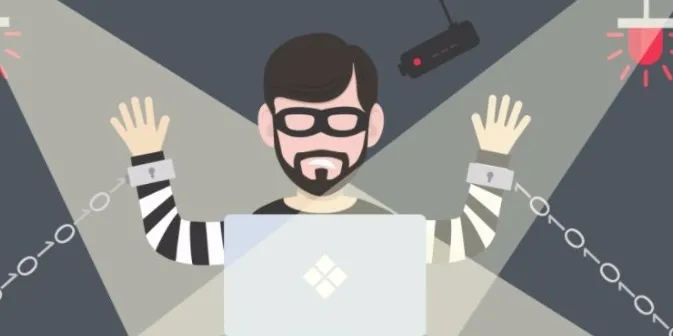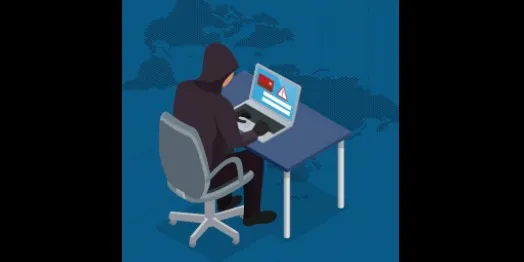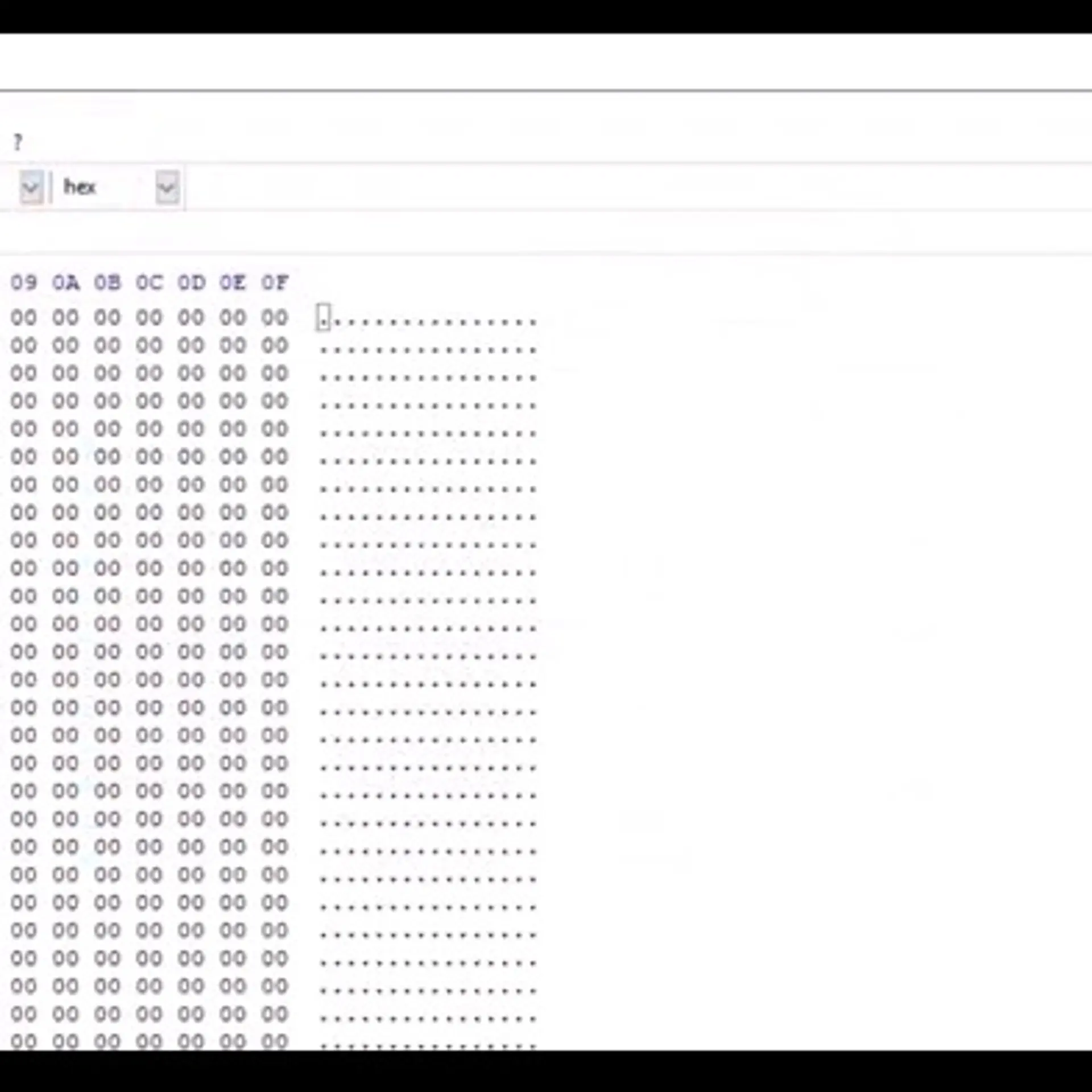

Tricks to protect you from internet fraud

You must be familiar with the terms internet fraud and scam, right? The two are used interchangeably and actually refer to the same thing. A scam normally refers to a scheme devised to swindle unsuspecting people of their money often with the promise of a thing that never materializes when money changes hands. As the name suggests, internet scams are targeted at web surfers.
The Customer Success Manager of Semalt, Lisa Mitchell, elaborates on the online fraud issues to make you stay safe from it.
Who is at risk?
Anybody using an online service at any time and from anywhere in the world is susceptible. It does not matter that you're checking posts on your social media timeline, an email or chatting on a dating site. Since its advent, the internet has helped millions watch movies, get news, read blogs, work from home and so much more. Unfortunately, cybercrime cases have increased.
How it works
In 2017, the number of cyber crime cases was reported to be 155% more than it was the previous year (2016). This is not good. How is this even allowed to happen? Surely, we should by now be aware of all scams being used, right? Well, the bad guys are a smart lot. Every day they come up with new ways to reap where they did not sow.
Take the example of the Nigeria 419 scam. It usually starts with an email or message sent by a damsel in distress. She'd lie to be an heiress, government official or business lady from Nigeria or Sierra Leone. Now here is the bait: the lady would want you to help her get her money from the local bank. How? By sending some pay with which she pays for bank processing fee. What do you get in return? A large portion of the money. This never happens. Once you send the money, the lady disappears into thin air. In other cases, they may request for your bank details with the claim that they wish to send the money to your account. Don't do this. Your bank account will be compromised. As much as the deal sounds too good to be true, some people throw caution to the wind and play along.

Phishing scam
This is arguably the most common type of scam out there. In this case, you get an official-looking email from your bank or an online payment service like Paypal. They'd claim that your account needs to be updated. Here they'll prompt you into clicking a link or give your details so that they update the same for you. The phishing scam is used to steal personal and financial data.
Picture this analogy: if someone stole your credit card from your purse, you'd quickly call the bank to inform them. Unfortunately, cybercrime is complex and not that straightforward. All the same, you can shield yourself from all this by getting acquainted with all types of online scams. It will give you peace of mind, your personal information will remain secure, and nobody will touch your money without your authorization. Do not be scammed online. Enjoy the convenience of the internet with peace of mind.



1564577705723.jpg?mode=crop&crop=faces&ar=16%3A9&format=auto&w=1920&q=75)


